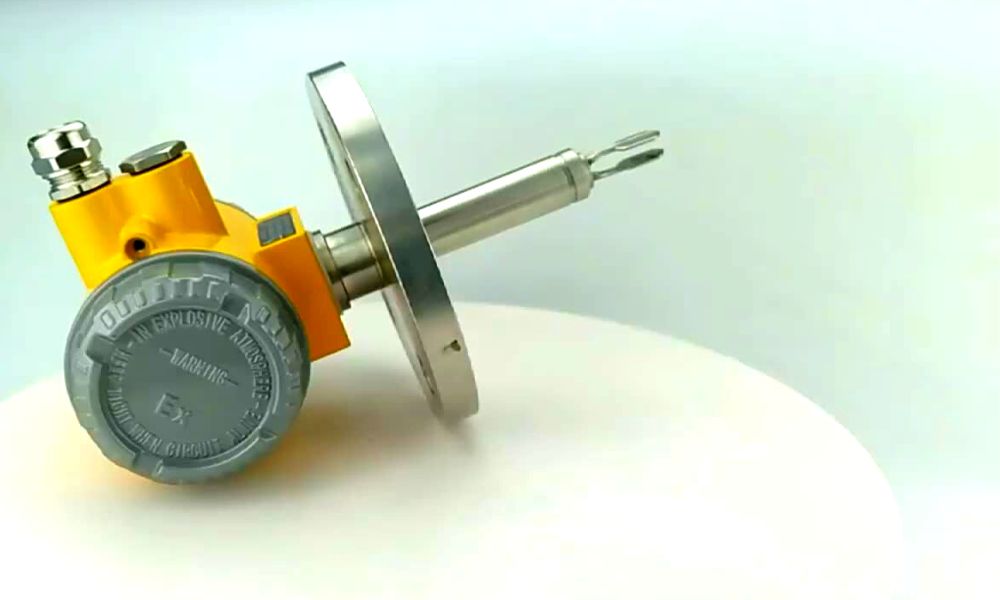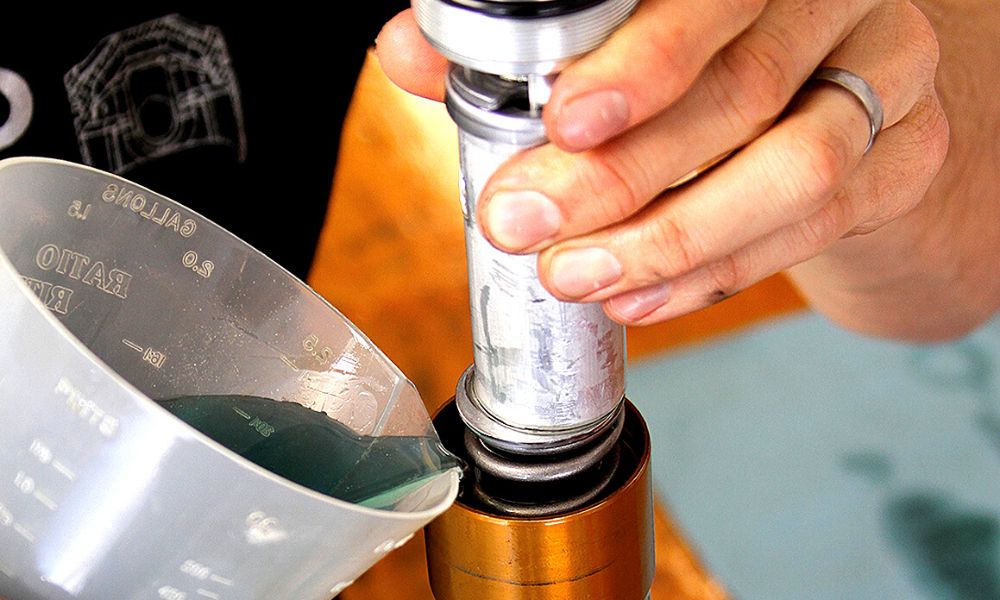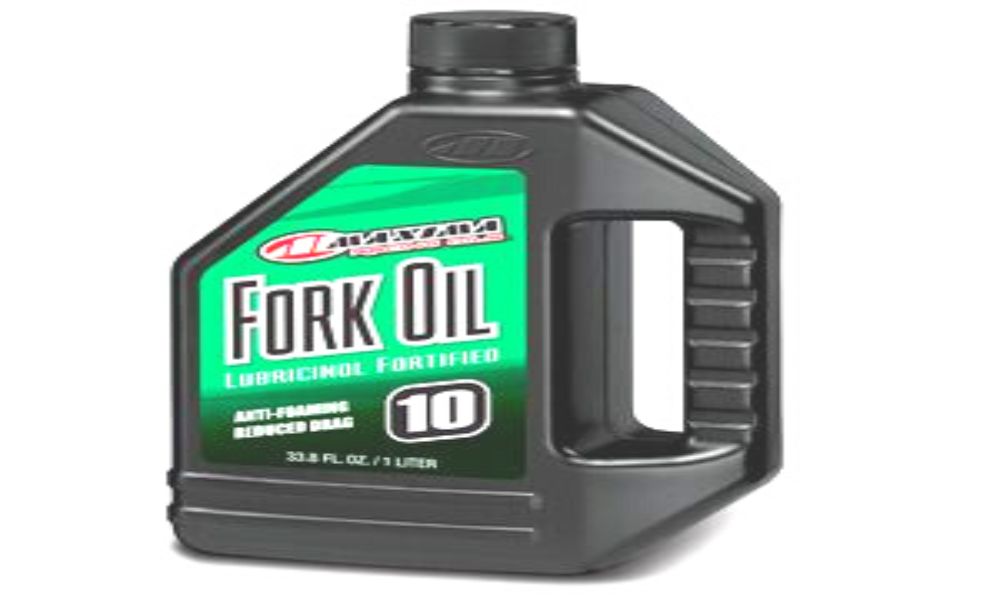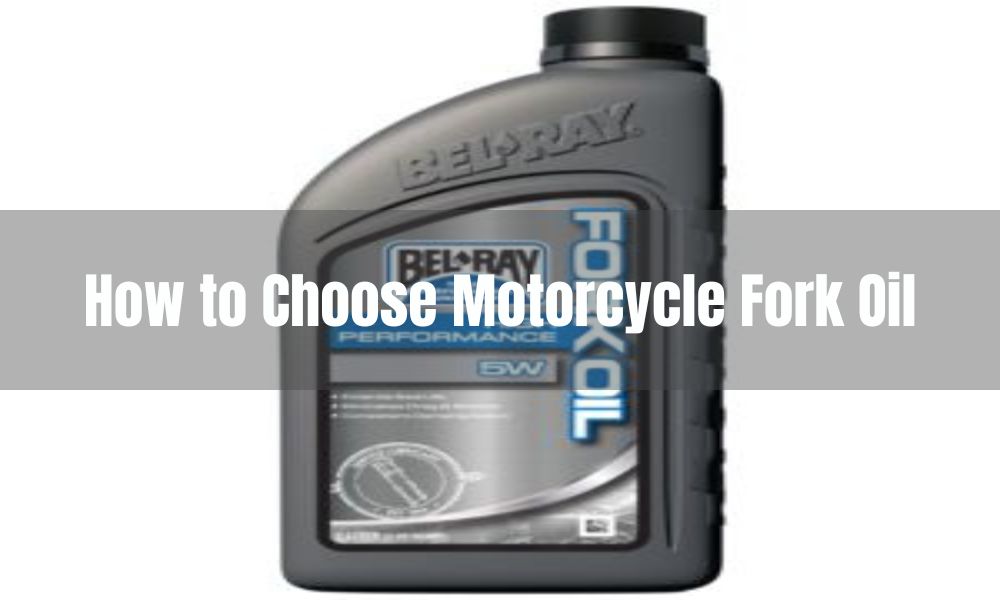How to Choose Motorcycle Fork Oil
When it comes to motorcycle fork oil, there are many different options to select from. This can be a daunting task, especially if you are not familiar with the different types of oil. However, by doing a little bit of research, you can easily find the right oil for your motorcycle.
The first thing to consider is the weight of the fork oil. This is important because the weight of the oil will determine how well the forks will perform. If the oil is too light, the forks will not be able to dampen the shocks as well. This can lead to a rougher ride. On the other hand, if the oil is too heavy, the forks will feel sluggish and may not respond as quickly to bumps in the road.
Another thing to consider is the viscosity of the fork oil. This will determine how thick or thin the oil is. thicker oil will provide more cushioning for the forks, but it will also make the forks feel less responsive. thinner oil will provide less cushioning, but the forks will feel more responsive.
Finally, you will need to decide on a brand of fork oil. There are many different brands on the market, and each one has its own unique formula. Some brands are better than others, so it is important to do some research to find the best one for your motorcycle.
Once you have considered all of these factors, you should be able to narrow down your choices and find the perfect motorcycle fork oil for your bike.
Fork Oil density
When it comes to fork oil, one of the most critical considerations is density. The density of your fork oil will determine how well your forks perform, and ultimately how comfortable your ride is.
There are a few things to keep in mind when choosing the right density for your fork oil. The first is the type of bike you’re riding. If you’re riding a cross-country bike, you’ll want a lighter oil, since you won’t be encountering as much rough terrain. Conversely, if you’re riding a downhill bike, you’ll wish to thicker oil so that your forks can withstand the abuse.
The second thing to consider is the temperature. If it’s cold out, you’ll want a thicker oil so that it doesn’t thin out and lose its effectiveness. Conversely, if it’s hot out, you’ll want a thinner oil so that it doesn’t get too thick and bog down your forks.
Ultimately, the best way to determine the right density for your fork oil is to experiment. Start with light oil and see how your forks feel. If they’re too light, try a thicker oil. If they’re too thick, try a thinner oil. It may take trial and error, but you’ll eventually find the perfect balance for your bike and riding conditions.

Fork Oil measure
You’ve probably seen the numbers 10W-40, 5W-30, and 0W-20 on motor oil containers and wondered what they meant. These numbers are actually weights that indicate how thick or thin the oil is. The first number (10W, 5W, or 0W) is the winter weight, while the second number (40, 30, or 20) is the summer weight.
The W stands for winter. The lower the first number is, the thinner the oil will be in cold weather. The higher the first number is, the thicker the oil will be in cold weather. The second number (40, 30, or 20) is the summer weight. The lower the second number is, the thinner the oil will be in warm weather. The higher the second number is, the thicker the oil will be in warm weather.
Now that you know what the numbers mean, you might be wondering which oil is right for your car. The answer depends on a few factors, including the climate you live in and the make and model of your car. You can always consult your owner’s manual or ask a mechanic for advice.
In general, thicker oils (higher numbers) are better for high-performance cars or cars that operate in extreme conditions, such as off-road vehicles. Thinner oils (lower numbers) are better for fuel economy and cars that operate in milder conditions.
If you’re still not sure which oil to choose, don’t worry. There are many different types of motor oil on the market, and most of them will work well for most cars. Just be sure to check your owner’s manual for specific recommendations.

Which grade fork oil is best?

There are a lot of different types and grades of fork oil available on the market, so it can be tough to decide which one is right for your motorcycle. In general, the higher the grade, the better the quality of the oil. However, the type of oil you choose should also be based on the conditions in which you’ll be riding.
For example, if you frequently ride in wet or muddy conditions, you’ll want to choose a fork oil that has a higher viscosity, or thickness. This will help to keep your forks from leaking and will provide better protection against wear and tear.
On the other hand, if you mostly ride in dry conditions, you can choose a fork oil with a lower viscosity. This will provide better fork action and will allow your forks to move more freely.
Ultimately, the best fork oil for your motorcycle is the one that best suits your riding conditions and preferences. Experiment with different oils and grades to find the perfect match for your bike.







